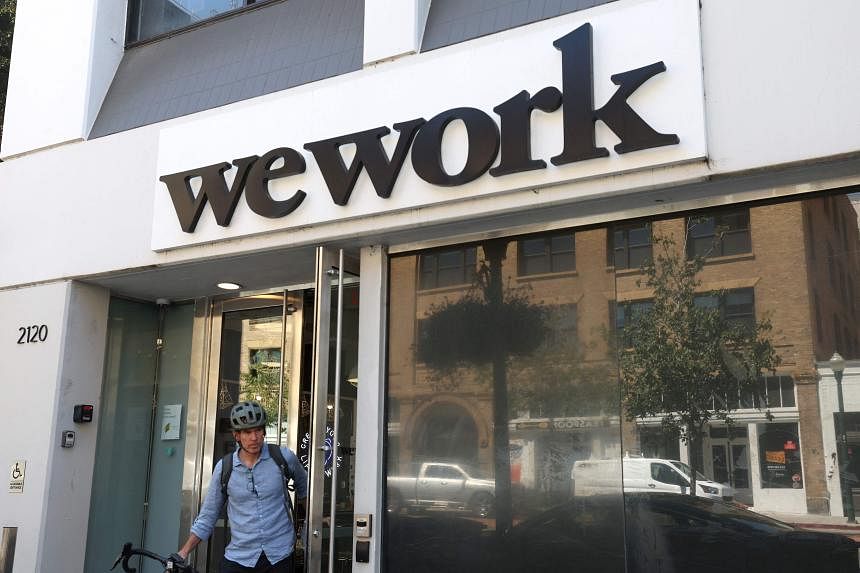SAN FRANCISCO – WeWork is renegotiating nearly all of its leases with landlords and plans to exit “unfit and underperforming” locations, chief executive David Tolley said on Wednesday.
“We intend to remain in the majority of our buildings and markets,” Mr Tolley said in a statement posted on the co-working company’s website.
“As when we’ve closed locations in the past, we will promptly inform members and offer alternative arrangements and additional support to minimise any disruption or inconvenience.”
WeWork warned investors in August that there was “substantial doubt” about its ability to stay in business.
The company’s chance of staving off bankruptcy depends in large part on whether it can terminate or renegotiate a substantial number of its leases in more expensive markets.
The announcement on Wednesday may have failed to rebuild confidence in the business.
After an initial pop, shares closed down 3.4 per cent on Wednesday.
WeWork, which has lost US$15 billion (S$20.5 billion) since the end of 2017, has been negotiating lower rents for more than three years. It has had some success doing so at a time when landlords are desperate to fill office towers that have been emptied by the work-from-home shift that started during the height of the Covid-19 pandemic.
Still, it is not clear whether landlords will want to reduce the costs of the leases further, and that may explain why WeWork said it was prepared to walk away from certain spaces.
WeWork’s empire is still huge. At the end of June, the company said it had 777 locations globally, the same number as a year earlier.
But demand for its space appears to be declining. WeWork reported that occupancy and memberships had declined in the second quarter from the first quarter.
Under Mr Adam Neumann, a co-founder and former chief executive, WeWork grew exponentially before the pandemic.
Mr Neumann contended that shared workspaces would revolutionise how people worked.
But the company’s huge losses prompted it to withdraw an initial public offering in 2019 and receive a bailout from SoftBank, the Japanese conglomerate.
WeWork went public in 2021 by merging with a blank-cheque company, but its stock traded for pennies for months, prompting it to carry out a reverse stock split last week that was aimed at obtaining a share price above US$1, a requirement for a New York Stock Exchange listing. NYTIMES, BLOOMBERG

